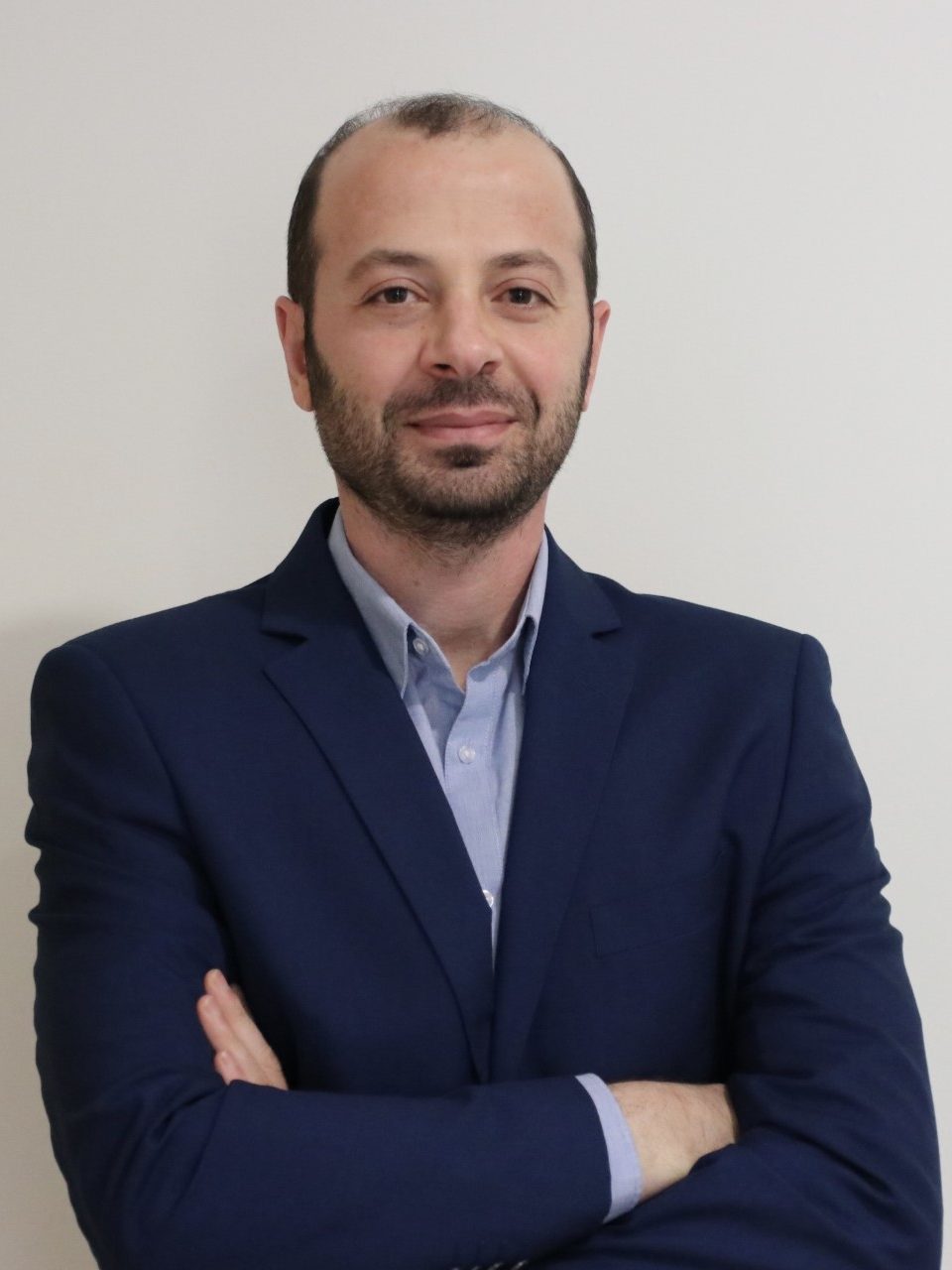In today’s rapidly evolving world, the intersection of advanced technologies and healthcare is transforming the landscape of medical research, diagnosis and treatment. In this article by Dr Mohamad Saad, Senior Research Scientist, Centre for Artificial Intelligence, Qatar Computing Research Institute (QCRI) at the Qatar Foundation, we hear of the opportunity to leverage these cutting-edge innovations to explore the possibilities of personalised medicine, biostatistics research and the application of Artificial Intelligence (AI).

Leveraging statistical methods and computational tools
The field of human genetics is well advanced, and many statistical methods and computational tools are utilised daily in the medical field, especially in the emerging clinical care model, precision health. These methods can range from simple statistical analysis to more sophisticated Machine Learning methods, such as Deep Learning, where medical experts can extract and predict valuable insights from large data sets.
Electronic health records (EHR) and genetic data-informed precision health can help quantify risks for disease in an individual and inform personalised treatment. This capability is a result of years of research and thousands of genome-wide association studies, through many international consortia and programmes. One example is the US National Institute of Health’s All of Us research programme, which welcomes patients from all backgrounds to create a diverse database across ethnicities, gender and ages. Qatar Biobank, Qatar Genome Programme and UK Biobank are other important examples focusing on Middle Easterners and Europeans, respectively.
Learnings from these programmes can be integrated into clinical practice across a range of diseases such as coronary heart diseases – where it has been identified that people with certain genetic values are more likely to develop coronary heart disease. As a result, precision health experts can look back at patient and family EHR history, including their genetic makeup and work with doctors to prescribe personalised therapies.
Another application of statistical tools is in pharmacogenomics, where several genetic markers have been found to be associated with the response to treatments such as immunotherapy to treat cancer. People harbouring some genetic variants are likely to have severe and sometimes lethal side effects of drugs and treatments. As a result, this sort of genetic data can guide clinicians to set prevention plans for patients and ensure the most efficient treatment is being administered.
Enhancing drug discovery and development
Analytical tools of large datasets can not only improve diagnosis and therapeutic strategies but improve the development of the treatment itself. Drug discovery and development is no exception.
The process of drug development has traditionally been lengthy and resource intensive. In 2021 the Pharmaceutical Research and Manufacturers of America reported it takes an average of 10-15 years to develop a new medicine at a significant cost.
AI algorithms have the capability to learn and analyse datasets of drug compounds faster, more cost-effectively and with greater precision. Harnessing AI-Machine Learning enables researchers to identify potential compounds faster, more cost-effectively and with greater precision. Major pharmaceutical companies including Pfizer are investing in AI for this exact purpose.
There is also an immense opportunity to repurpose existing drugs with improved efficiency. By utilising AI, clinicians can sort through large databases of existing drugs and match up interactions of compounds with differing medical conditions – meaning they can identify existing regulatory-approved drugs that may be able to tackle conditions not previously treated by the drug. Overall, this considerably shortens development time, meaning treatments can be accessed faster. This was highlighted in the COVID-19 pandemic where a variety of existing drugs were used to improve the conditions of patients.
Improving practicalities in healthcare
Machine Learning-powered tools, such as chatbots and virtual assistants, offer enormous potential in optimising administrative systems in healthcare. There is great potential for this technology from streamlining testing in emergency departments to assisting radiologists in prioritising critical cases. Many emergency departments around the world are overwhelmed with cases but it is often hard to identify efficiently which patients need immediate attention and which do not. Equipping medical professionals with the technological capabilities to triage cases has the potential to significantly reduce pressure on overburdened systems.
Ultimately, by enhancing and improving the efficiency of these processes, both everyday healthcare and critical care departments can reduce delays in treatment and optimise resource allocation.
More broadly beyond clinical care, these technologies can revolutionise administrative processes by eliminating manual data entry and improving clinical documentation. This will go some way in improving vital cost savings for healthcare bodies, such as the NHS and enhancing their efficiencies.
Identifying biomarkers through wearable devices
One notable project of the QCRI team is an ongoing study funded by the Qatar National Research Funds on the benefits of utilising wearable data from devices like smartwatches to manage type 2 diabetes – assessing how lifestyle interventions based on wearable data can contribute to the prevention and even reversal of type 2 diabetes. Real-time tracking of biomarkers like heart rate through wearable devices and sensors, empower people to keep tabs on their well-being and make informed decisions. Further to this – with even more advanced technology – life-changing monitoring such as continuous glucose tracking for diabetes management, AI-powered electrocardiogram analysis for cardiovascular health or even evaluations of neurocognitive function has been made possible.
If leveraged correctly, these capabilities can improve healthcare considerably – providing customised treatment and enhancing patient outcomes by analysing vast amounts of data and identifying patterns and deviations that are unable to be detected by humans.
Envisioning the future of healthcare
Despite its potential, implementing AI in healthcare is not without challenges. It is vital to acknowledge the importance of equity and transparency, as well as urge caution in placing too much trust in technology-driven decisions. Ensuring that AI benefits are accessible to all and are used ethically requires thoughtful policies and regulations. As AI continues to gain traction in healthcare, extensive research and validation across diverse populations is needed to build confidence in its effectiveness and reliability.
Saying this, technology has and will continue to transform the future of healthcare and technology-backed systems will serve as smart, fast and reliable assistants to healthcare professionals, leading to improved patient care and optimised clinical outcomes.


